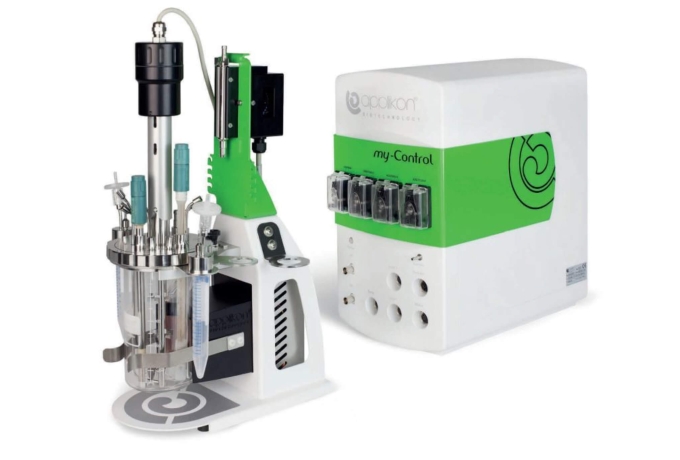
Fermentation in life science is the process by which microorganisms or cells are reproduced and grown in artificial environments.
The relevant studies can be applied to the biotechnological, pharmaceutical, cosmetic, clinical, phytotherapeutic, agricultural and food sectors.
The applications and processes are:
- Growth of Bacteria, Fungi, Yeast, Mammalian Cells
- Production of vaccines, antibodies and antibiotics
- Production of proteins and enzymes
- Production of pharmaceutical molecules
- Transplant tissues
- Feed
- Biosimilar drugs
- Stem cells / CAR-T cells
- Nutraceuticals
- Bioplastics
- Biofuels
- Cell separation (perfusion systems)
Fermentation in the food industry
The fermentation process in the food industry involves a number of different products. The most important bacteria in fermentation are lactic acid bacteria (LAB), which by fermenting glucose, produce lactic acid that allows for microbial stability and increases nutritional and organoleptic factors.
Hyperlab SMART is compact and versatile, designed to carry out enzymatic analyses needed for quality control of finished products.
Fermenters and Bioreactors
Steroglass represents Getinge in the supply of bioreactors and laboratory fermenters in Italy.
Our skilled teams are able to advise companies and research laboratories on the best choice and configuration of the bioreactor to be used.